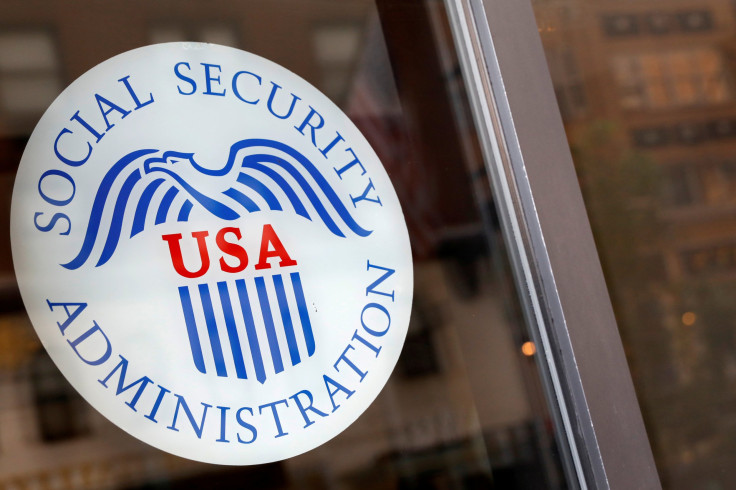3 Questions You Must Answer Before Claiming Social Security Early

Social Security serves as the primary income source for millions of seniors, and those benefits are calculated based on the amount of money you earn during your 35 highest-paid years in the workforce. If you file for Social Security at your full retirement age, or FRA, you'll get the exact monthly benefit you're entitled to based on your earnings record. FRA is either 66, 67, or somewhere in between, depending on your year of birth.
However, you don't have to claim Social Security at your precise FRA. In fact, you're allowed to file for benefits as early as age 62. But before you do, make sure you're able to answer these important questions.
1. Do I really need the money right away?
The Social Security Administration (SSA) won't give you your money ahead of schedule without getting something in return. If you file for benefits early, you'll lose a certain percentage of them. The extent of the reduction will depend on how early you file: If you file five years before reaching full retirement age (which is the earliest you can do so), you'll lose 30% of your benefits. File four years prior to FRA and you'll lose 25%.
It's for this reason that you must ask yourself whether you need your benefits right away before claiming them early. The monthly benefit amount you lock in will be the amount you collect for life, unless you manage to withdraw your benefits application and repay the SSA every dollar you received within a year of filing; so before you reduce what could be your most substantial income stream for life, make sure that's really the right move.
2. Am I still working?
The SSA will allow you to work and collect benefits simultaneously. But if you do so before reaching FRA, you'll risk having a portion of your benefits withheld if you earn too much money.
The amount you're allowed to earn before having benefits withheld changes from year to year. Currently, you can earn up to $17,640 without losing benefits, but beyond that, you'll have $1 in benefits withheld for every $2 you earn. If you'll be reaching full retirement age later this year, you can earn up to $46,920 without an impact on your benefits. From there, however, you'll have $1 in Social Security withheld for every $3 you earn.
Keep in mind that this money is only withheld; it gets added back into your benefits at your full retirement age. But remember, by filing early, your benefits will be reduced off the bat, so if you're looking at having a portion withheld anyway, you might reconsider your decision to claim Social Security early.
3. How's my health?
The problem with filing for Social Security early is the potential to reduce your monthly benefits for life. But if you don't expect to live a very long life, filing early could actually be a smart move.
Imagine you're entitled to a monthly benefit of $1,500 at 67, your FRA. Filing at 62 instead will reduce each monthly payment you receive to $1,050, but you'll collect 60 additional payments. The SSA estimates that the average 65-year-old today will live until roughly his or her mid-80s. But if you pass away at age 75, you'll come out about $20,000 ahead in this example by claiming benefits at 62 rather than waiting until FRA. Therefore, think about the state of your health, and if it's poor, it could make sense to file for Social Security as soon as you're eligible, or at least claim benefits at some point ahead of your full retirement age.
Though you'll often hear that claiming Social Security early is a bad idea, in some cases, it could pay off. The key, either way, is to answer these pressing questions before making your decision.
This article originally appeared in the Motley Fool. The Motley Fool has a disclosure policy.




















